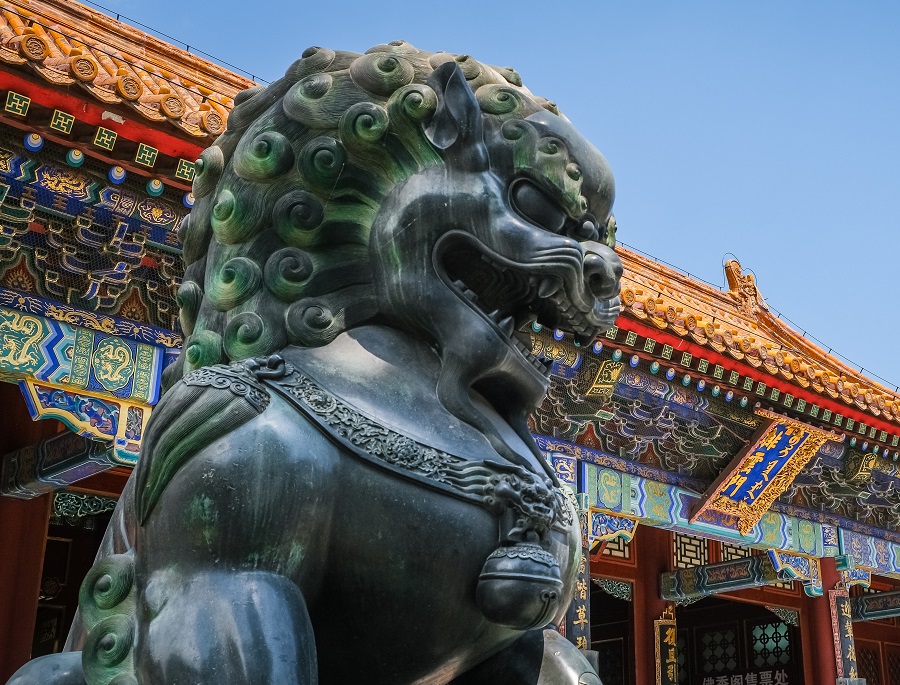Worries About Huawei Persist

Security fears about Huawei products being used in the new 5G networks are still being expressed by the Trump administration, while Google has clarified its position on the matter.
What’s So Bad About Huawei?
Back in July 2018, espionage chiefs from Australia, Canada, New Zealand, the U.K. and the U.S. (the so-called ‘Five-Eyes’), agreed at a meeting in July this year to try to contain the global growth of Chinese telecoms company Huawei (the world’s biggest producer of telecoms equipment) because of the threat that it could be using its phone network equipment to spy for China. This led to the US, Australia and New Zealand barring Huawei Technologies Ltd. (with Japan more or less joining the ban) as a supplier for fifth-generation networks.
At the time, the Trump administration drew attention to the matter when Meng Wanzhou, the chief financial officer of Huawei, was detained in Vancouver at the request of U.S. authorities for violating US sanctions on Iran.
Since then, other countries have joined the ban and other allegations have been made against Huawei e.g. the US Department of Justice (DOJ) charged Huawei with bank fraud and stealing trade secrets back in January 2019.
What About The UK
As for the UK government, it will allow Huawei equipment to be used in the country’s 5G network, but not in core network functions or critical national infrastructure, and not in nuclear and military sites. This has led to White House chief of staff Mick Mulvaney visiting just last week to help dissuade the UK from using Huawei’s products in phone networks.
Latest Warning From the US
The latest warning about Huawei products from the US has been voiced by Robert Strayer, who is the US deputy assistant secretary for cyber and communications. Mr Strayer, who is on a tour of Europe this week, warned that allowing Huawei to provide key aspects of the 5G network infrastructure could allow China to undermine it and to have access to “sensitive data”. Mr Strayer piled on the pressure by warning that if the UK adopts Huawei as a 5G technology vendor it could threaten aspects of intelligence sharing between the US and UK.
Google Clarifies
As a US company, tech giant Google has been banned by the Trump administration since May 2019 from working with Huawei which last year led to Google confirming (via blog post) that it wouldn’t be working with Huawei on new device models or providing any Google apps (Gmail, Maps, YouTube, Play Store) for preload or download on Huawei devices.
In the light of more recent allegations and warnings about Huawei, Google has chosen to clarify its position in an article on its support pages (find it here https://support.google.com/android/thread/29434011?hl=en). The article states that “To protect user data privacy, security, and safeguard the overall experience, the Google Play Store, Google Play Protect, and Google’s core apps (including Gmail, YouTube, Maps, and others) are only available on Play Protect certified devices”.
Google says in the article that sideloaded Google apps will not work reliably on Huawei devices. Sideloaded apps are those which haven’t been through a certification process to appear in the Store and to run on a Windows device. The fear is that sideloading apps could mean that apps could be installed which appear to be genuine and normal, but which may have been altered or tampered with in ways that could compromise user security.
What Does This Mean For Your Business?
The Trump administration in the US is keeping the pressure on as regards discouraging countries with which it has security and defence connections, and leverage as an ally or friend with to avoid installing Huawei products in networks, particularly in critical parts. Clearly, a Republican administration (and in this case, and apparently inward-looking one championing US companies) in a country which has traditionally seen communist China as a threat is likely to be at least suspicious of Huawei products. It is of course, unknown exactly what evidence exists to support the idea, and it should also be remembered that it is not long since President Trump launched a trade war with China, and may also be additionally conscious of spying issues from foreign powers after the allegations of Russian influence possibly influencing his own election as president.
For US, European, and other trusted tech network product companies from elsewhere, less for Huawei could mean more for them, and the rub-off bad publicity for Huawei also seems to have negatively affected Huawei’s sales of phone handsets, which has meant that US, Japanese and other phone suppliers have picked up more phone business.
In the run-up to next US presidential election, and with UK looking for trade deals outside the EU, it is likely that the US will continue to try and bring the UK and other countries round to its way of thinking about Huawei.
Sponsored
Ready to find out more?
Drop us a line today for a free quote!
